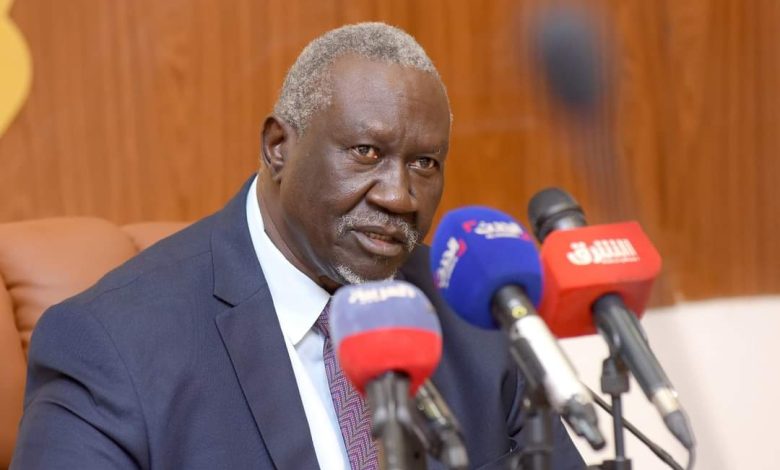Economic
Aqar Calls for Upholding Accountability in Civil Service

Sudan Events – Follow-ups
Vice President of the Sovereignty Council, Malik Aqar, emphasized that developing civil service relies on enforcing service laws, prioritizing employee welfare, improving work environments, and consistently focusing on training. He also called for reinstating trade unions in alignment with the law to safeguard workers’ rights.
Addressing the workshop on administrative reform, challenges, and solutions on Thursday, Aqar highlighted that administrative reform is essential for supporting nations and propelling them forward. He stressed the importance of building the civil service on meritocracy and adhering to the principle of accountability.
Meanwhile, Minister of Labor and Administrative Reform Ahmed Ali Abdul Rahman stated that the ministry is working on a project to assess jobs under reform strategies, focusing on job descriptions, evaluations, and rankings. He noted that while the project started earlier, it faced several obstacles that hindered its completion, emphasizing the need to revive it.
The minister also urged for revising the Civil Service Law and Labor Law and revealed ongoing efforts with labor unions and employers to improve the legislation. He announced plans to reinstate vocational training programs and create new opportunities in collaboration with organizations. He highlighted their commitment to enhancing training facilities for state employees, with over 300 training courses under development and linking promotions to sufficient training completion.
The minister addressed efforts to fill vacancies created by retirements or deaths, revealing that 80% of workforce data has been restored. He further outlined that the optimal utilization of human resources is fundamental for achieving good governance, social justice, institutional development, and efficient service delivery.
Additionally, he explained the introduction of new standards for the Civil Service Selection Committee, including electronic testing and modern interview methods, to address complaints about favoritism in previous periods. He affirmed that measures are being put in place to eliminate such practices.



